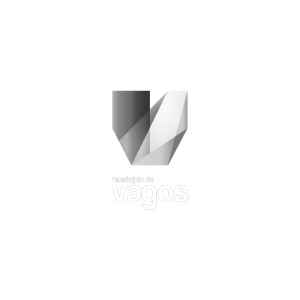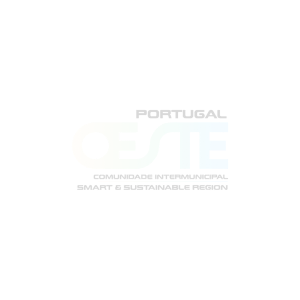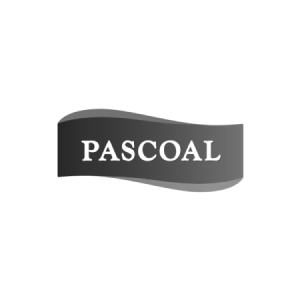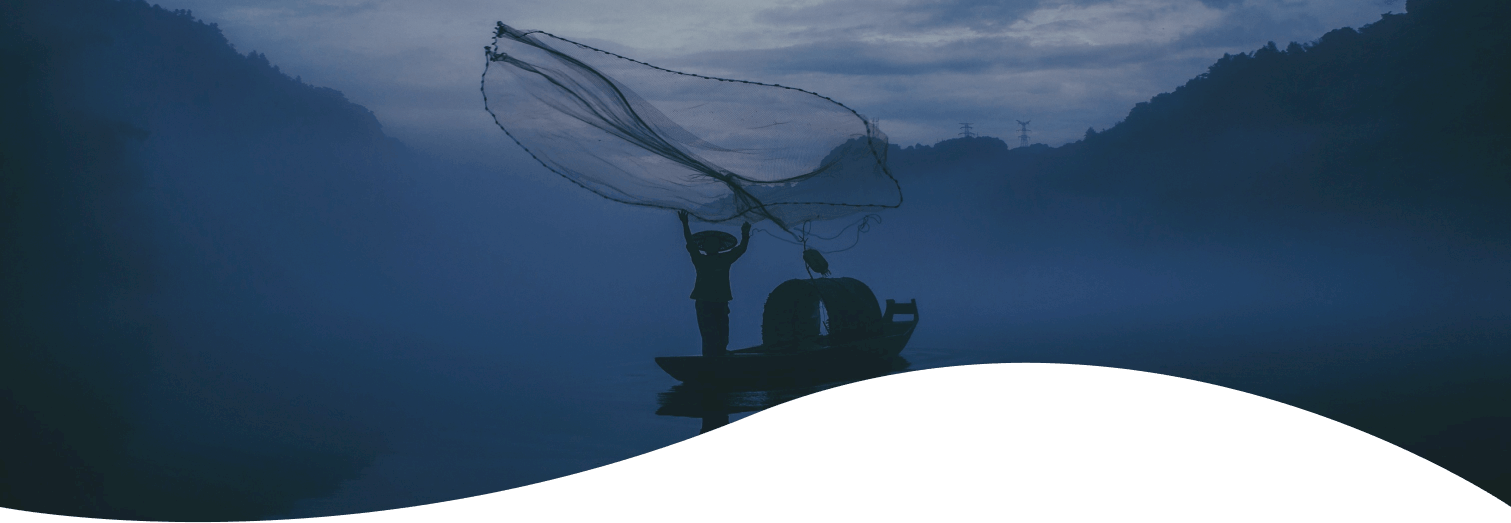
Based on:

Disclaimer:
All the following information is based on the BlueInvest Investor Report, which combines market data with results from an investor survey conducted by BlueInvest. BlueInvest is a European Commission initiative launched in 2019 with the aim to accelerate new ocean-based technologies and solutions to unlock innovation and investment opportunities in the sustainable Blue Economy. It is funded by the European Maritime, Fisheries and Aquaculture Fund (EMFAF).
FISHERIES
Definition for the sector
Capture fishery is the term used to describe the harvesting of naturally occurring living resources in both marine and freshwater environments. Also called wild catches or capture fishery, the sector covers the harvesting of aquatic plants, fish, mollusks, crustaceans and other marine species.
There are three types of fishery: recreational (for leisure), subsistence (for direct consumption) and commercial or industrial (small-scale business or large-scale for-profit activity). As recreational fishing represents less than 1% of global catches, it will be left out of the scope of this chapter. Subsistence fishing uses a variety of fishing gear to capture different species, whereas industrial fishing tends to use gear for intensive fishing (such as purses, seines and trawlers), and usually targets one species. The sector also covers a series of fishery-adjacent activities, such as monitoring.
DDC Strategy - Digitalize, Decarbonize, Circularise
Sustainable fishing aims to leave enough fish in the ocean to enable species regeneration and protect marine habitats. It translates into taking care not to overfish, minimising any negative environmental and social impacts and complying with relevant legislation and regulations. It is hard to measure how sustainable fishery is due to the complexity of its impact. Instead, we can monitor the transparency of its sustainability practices. Fisheries may be certified by respected private entities (e.g. the Marine Stewardship Council (MSC)), acknowledged as participants in fishery improvement projects (working towards certification), classified as fisheries under management (monitored by public entities) or unmonitored fisheries, in which case their sustainability practices are mostly unknown.
Fórum Oceano Services for the sector
Business development and internationalization: market intelligence services; organization of business missions and matchmaking; support for investment initiatives; creation of ESG entrepreneurship and business acceleration programmes; support for business internationalization.
Business acceleration, entrepreneurship, digitalization and ESG innovation: implementation of European and extra-European projects focused on innovation ecosystems and networks; support services for the creation of ESG business models; ESG impact assessment services for companies and technologies; support for business financing; support for access to infrastructures for testing ESG technologies, products, and services.
Training, education, and literacy: Creation of technical and higher education training solutions; Development of blue literacy initiatives linked to ESG youth entrepreneurship and knowledge of ESG blue economy professions.
Organizing events and actions to communicate the ESG blue economy: Disseminating knowledge and good practices, fostering collaboration between stakeholders, and highlighting emerging opportunities in the ESG blue economy.
Strategic studies and public policy: Conducting strategic studies to define municipal, regional and national blue economy strategies.
Value Chain

Key Innovations and Technologies
| Innovation | Description | Value Proposition |
|---|---|---|
| Bycatch reduction devices | Smart gear that uses lasers, LED, sensors and IoT to capture target species and make others swim away, thus providing a more effective method for reducing bycatch. | These technologies help fisherfolk to catch the right fish, therefore substantially lowering the amount of bycatch, improving fishing revenues, saving more fish, supporting fisherfolk and protecting an essential food source. |
| Anti-waste fishing gear | Gear that is either biodegradable (e.g. nets made from naturally decomposable materials) or recoverable (e.g. retractable cages). | The use of anti-waste fishing gear decreases the costs associated with replacing lost gear and mitigates the impact of ghost gear on biodiversity. |
| Electronic monitoring systems | Networks of sensors (combined with computer vision technology and machine learning180, 181) and cameras that automatically compute the quantities of fish caught (total or per species), bycatch, weight of hauls, etc. | The implementation of these systems makes it easier to meet fishing quotas and enables higher selectivity in fishing methods via fast monitoring, control and identification of bycatch. Bycatch can be returned to the sea faster, increasing its chances of survival. |
| Fish tracing apps / platforms for consumers | Apps/platforms that use cloud, blockchain, QR codes, and databases to allow consumers to trace seafood throughout the supply chain. | These apps/platforms enable consumers to make better decisions about what they are consuming and help them opt for more sustainably caught products from outfits that respect animal welfare and provide reasonable work environments throughout the supply chain. |
| Maritime surveillance technologies to prevent IUU fisheries | Technologies such as drones, sensors and IoT that have been developed or adapted to prevent IUU fisheries. Current solutions like Vessel Monitoring Systems (VMS), long-range identification and tracking (LRIT), vessel detection services (VDS) and terrestrial automatic identification systems (AIS) are often limited* in their capacity. | These technologies can provide maritime guards with a real-time live feed of the oceans and store data in the cloud, thereby reducing the effort and resources required from coastal and sea guards. Additionally, unlike existing technologies (e.g. VMS), they provide non-cooperative surveillance systems**, meaning they cannot easily be tampered with by captains of vessels engaging in IUU fishing. |
| Fish tracing apps / platforms for market players | Apps/platforms that track where, when and how much fish is caught, to whom it is sold and at what price. The information gathered is automatically shared with authorities and fisherfolk. | These apps/platforms give fisherfolk more control over their activities, allow them to make higher profits and ensure their rights are protected and fair treatment is secured. They also help to prevent overfishing as fisherfolk can see when quotas have been reached. |
| Fish health control | Technology used to identify and treat diseases and parasites in caught fish and fish parts. | Controlling fish health reduces the risk of putting poor quality fish into the market, contaminating healthy catches or releasing larvae and parasites into the areas where fishing fleets operate. |
Fisheries Markets Data


Blue Economy Barometer


Hub Azul Dealroom


Euronext Lisbon


Blue Invest

Fórum Oceano is the managing entity of the Portuguese Sea Cluster, certified and recognised by the Ministry of Economy and the Sea, the Ministry of National Defence and the Ministry of Planning and Infrastructure.
With the support of

Headquarters
Delegation
© 2025 Fórum Oceano. All rights reserved. Developed by Yacooba Labs

